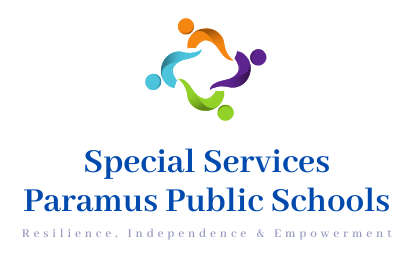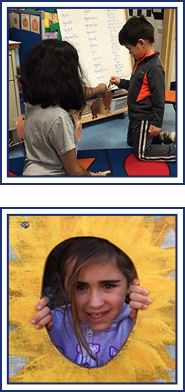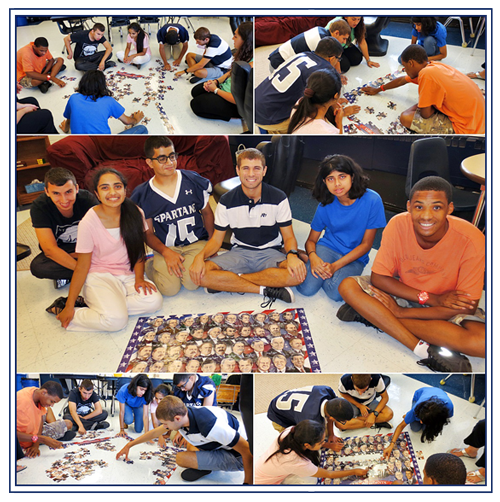Special Services

Special Services is one of four departments under the larger umbrella of Student Personnel Services. Our Special Services Department serves children with special needs and their parents through individual special education programs. Our mission is to provide a comprehensive framework of services for children with special needs.
Contact Our Special Education Team
We welcome your questions. Please email a member of our team or call the office at (201) 261-7800 followed by the extension.
Jara Beagelman
Supervisor of Student Support and Mental Health Services
Ext: 3023
Send Email
Jenna Esdale
Supervisor of Special Services
Ext: 3020
Send Email
Eileen Purtill
Interim Supervisor of Student Support and Mental Health Services
Send Email
Joanne Cangiamila
Administrative Assistant
Ext: 3020
Send Email
Nicole McEnery
Administrative Assistant
Ext: 3021
Send Email
Kathy Riebesell
Administrative Assistant
Ext: 3023
Send Email
Child Study Team Members
Juliana Barbaro
School Psychologist
Send Email
Lacie Callari
Coordinator of ABA Programs
Send Email
Matthew Cannon
BCBA
Send Email
Jana Devaney
Social Worker
Send Email
Mary Duffy
Social Worker
Send Email
Denise Dugan
School Psychologist
Send Email
Heather Kagedan
Social Worker
Send Email
Amy Leiva
School Psychologist
Send Email
Gina Mariano
LDT-C
Send Email
Melissa Meyers
School Psychologist
Send Email
Deanna Mileski
LDT-C
Send Email
Jamie Mormino
LDT-C
Send Email
Meghan O’Hara
LDT-C
Send Email
Kelly Ombaldo
LDT-C
Send Email
Gianna Pezzuti
School Psychologist
Send Email
Eileen Purtill
School Psychologist (Interim Supervisor)
Send Email
Jeannette Reilly
RBT
Send Email
Lindsay Roth
Social Worker
Send Email
Heather Russo
Social Worker
Send Email
Kayleigh Sevajian
BCBA
Send Email
Benafsha Shahsamand
Social Worker
Send Email
Stefanie Sorrentino
School Psychologist
Send Email
Our Services
 Learn more about our comprehensive framework of services for children with special needs.
Learn more about our comprehensive framework of services for children with special needs.


